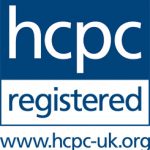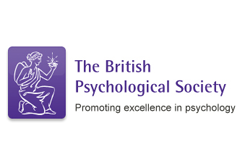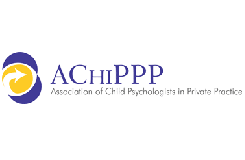The following information is provided by PND Support NW6
Postnatal depression (PND for short) is a type of depression that happens after having a baby. Depression can sometimes begin during pregnancy, but it would only be called postnatal depression if it continues after you have had your baby. These feelings usually start within the first three months after having a baby. Like other forms of depression, postnatal depression responds well to treatment, and most women make a full recovery.
What are the symptoms of postnatal depression?
Emotions or Feelings
- Feeling sad, upset, despairing
- Crying a lot or feeling unable to cry
- Feeling worthless
- Changeable mood – going up and down
- Feeling guilty
- Loss of interest
- Loss of pleasure/enjoyment
- Feeling anxious or panicky and worrying excessively
- Feeling irritable and angry
- Not feeling the way you want to about your baby
Your Content Goes Here
Physical Signs
- Lack of energy and feeling exhausted
- Sleep disturbance
- Agitated and unable to relax
- Lack of interest in sex
- Appetite change – eating too much, or not enough
Thoughts
- Negative thinking
- Criticising yourself
- Worrying excessively
- Blaming yourself when things don’t go well
- Expecting the worst and being pessimistic
- Hopeless thoughts
- Negative thoughts about yourself, others and the world
Thinking is also affected by depression in other ways:
- Poor concentration
- Inability to make decisions
- Confused, cluttered thoughts
Behaviour
- Avoiding people and not going out
- Not doing things you used to enjoy
- Not doing everyday tasks – or trying to do too much
- Putting off making decisions
- More arguments, shouting, loss of control
If you can relate to a number of the above, and have felt like this for most of the time for the past two weeks or longer, it is likely that you are suffering from some form of depression. If this has occurred within a few weeks or months of having a baby, then it is quite likely that you have some form of postnatal depression.
Seeking Help
If you have postnatal depression it is important that you recognise this and seek help. People often don’t recognise postnatal depression. It happens at a time of great change, and new mothers often don’t know what is normal, or what to expect. The problem can creep on slowly, and often mothers think they are just not coping, rather than recognising that they are suffering from postnatal depression. Also, many women with postnatal depression feel ashamed or embarrassed, and hide their symptoms from others. The earlier you recognise that you have postnatal depression the better, as there are effective treatments and also steps you can take to help yourself.


